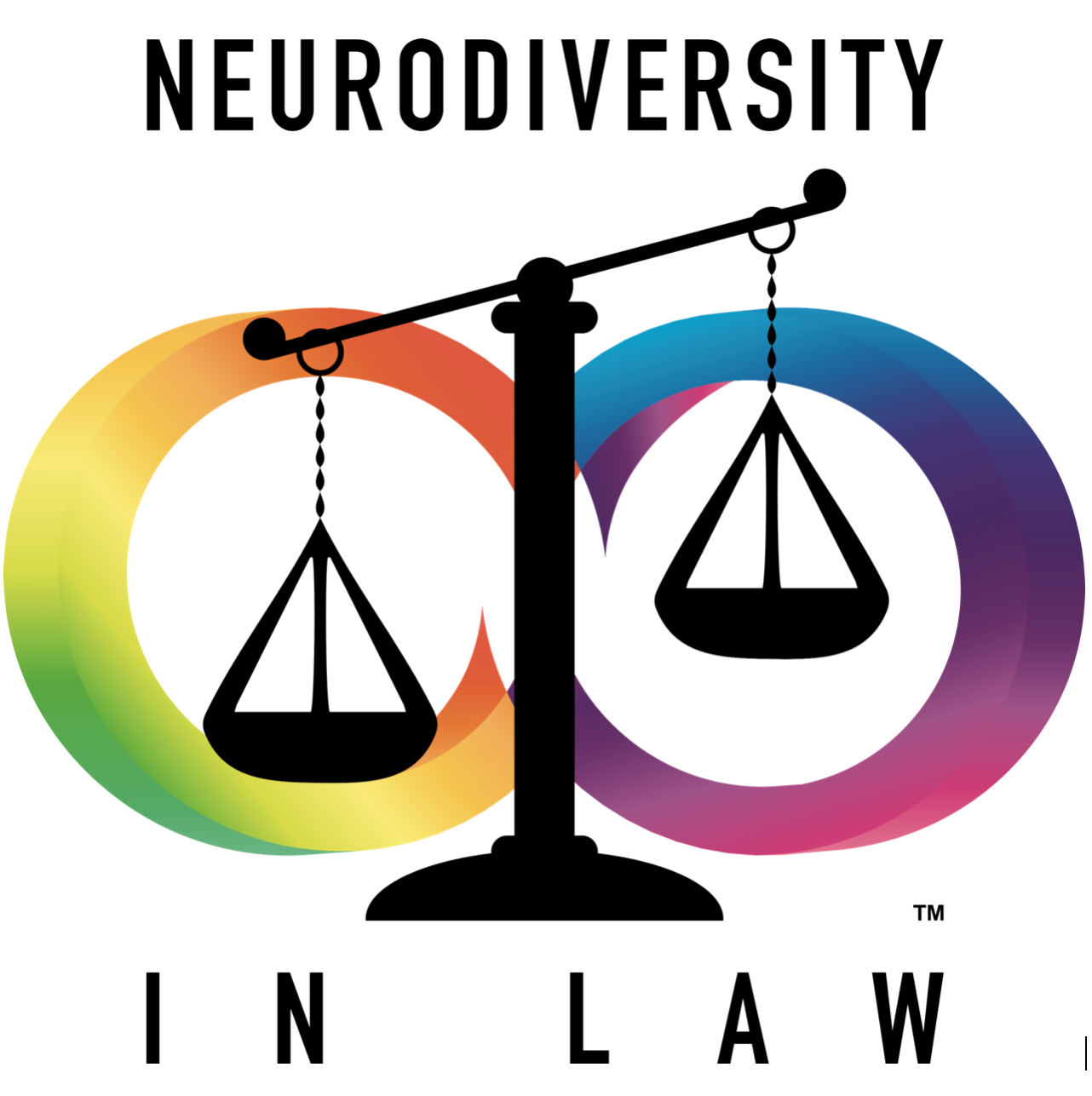Mediation
What is Mediation and Why Mediate?
What is Mediation and Why Mediate?
Mediation is a process where the parties participate in a consensual process and aim to reach a mutually agreeable resolution. It is a well-established process where they meet, discuss and negotiate their way out of dispute with the help of a neutral and independent third party.
The term "mediation" broadly refers to any instance in which a third party helps others reach agreement. More specifically, mediation has a structure, timetable and dynamics that ordinary negotiation lacks. The mediator acts as a neutral third party and facilitates rather than directs the process
Mediation is a form of alternative dispute resolution (ADR), a way of resolving disputes between two or more parties with proven effect. Typically, a third party, the mediator, assists the parties to negotiate a settlement. Parties may mediate disputes in a variety of domains, such as commercial, legal, diplomatic, workplace, community and family matters.
Mediation is generally more cost effective and productive than going to court. It is a flexible tool that can be used to prevent problems and disagreements from becoming worse.
Why Mediate?
From a purely legislative point of view, the court system is overburdened. As a direct result of this, the government is looking for more and more disputes to explore mediation, prior to setting a hearing date, to relieve this court system pressure.
As such the Practice Direction Pre-Action Conduct and the Civil Procedure Rules make provision for all parties to explore mediation and alternative dispute resolution methods. Parties who fail to explore mediation, refuse to mediate or ignore a request to mediate risk sanctions being imposed against them which may seriously disadvantage or render untenable their position in any litigation.
From a more practical position, our mediation process holds 6 key benefits over litigation we call "The Big Six C's".






